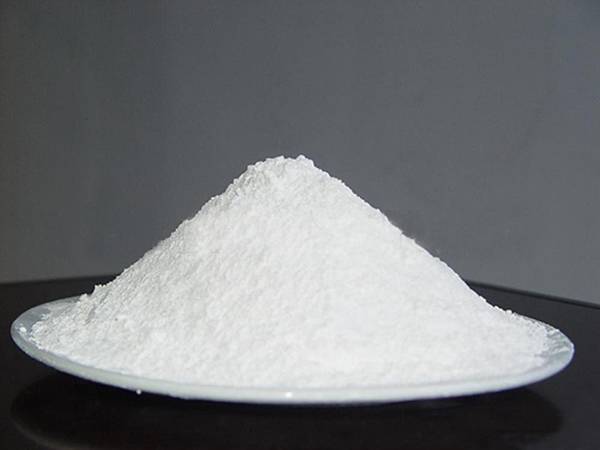



agrochemistry
Agrochemistry The Science of Agricultural Productivity
Agrochemistry is a fascinating branch of chemistry that focuses on the study of chemical processes and interactions that affect agricultural systems. It plays a fundamental role in modern agriculture by providing the tools and knowledge necessary to enhance crop production, protect against pests, and improve soil health. With the world’s population steadily increasing, the demand for food has surged, making agrochemistry a critical component in achieving food security and sustainable agricultural practices.
At the core of agrochemistry is the understanding of how various chemicals—ranging from fertilizers and pesticides to herbicides—affect plant growth and development. Fertilizers, for instance, are essential nutrients that provide plants with the necessary elements for growth, such as nitrogen, phosphorus, and potassium. The application of these fertilizers can significantly increase crop yields, but it also poses challenges. Overuse and improper application can lead to soil degradation, reduced soil fertility, and environmental pollution. Thus, agrochemists are dedicated to developing more efficient and environmentally friendly fertilizers that optimize plant use while minimizing negative impacts.
Pesticides and herbicides represent another important area within agrochemistry
. These chemicals are used to control pests, diseases, and unwanted weeds that threaten agricultural productivity. While they play a crucial role in safeguarding crops, the reliance on chemical agents has raised concerns about their effects on non-target organisms, including beneficial insects, soil health, and water quality. Agrochemists work tirelessly to create safer, more targeted products that maintain efficacy while reducing risk to human health and the environment. This includes the development of biopesticides derived from natural sources, which offer a more sustainable approach to pest management.agrochemistry

Furthermore, agrochemistry delves into the study of soil chemistry, which is vital for understanding the dynamic interactions between soil, plants, and chemical inputs. Soil is often considered the foundation of agricultural systems, and its health directly influences crop productivity. Agrochemists analyze soil composition, microbial communities, and nutrient cycling processes to devise strategies that enhance soil quality and resilience. By promoting practices such as crop rotation, cover cropping, and reduced tillage, agrochemists help farmers maintain soil health, reduce erosion, and promote biodiversity.
In recent years, the integration of technology into agrochemistry has revolutionized the field. Precision agriculture, which involves the use of data analytics, GPS, and remote sensing, allows for more targeted applications of agrochemicals, ensuring that inputs are only applied where needed and in the right amounts. This not only maximizes efficiency but also reduces waste and environmental impact.
As we navigate the challenges of climate change and dwindling natural resources, the role of agrochemistry becomes increasingly prominent. The field is essential for developing innovative solutions that promote sustainable agricultural practices, ensuring that we can meet the food demands of future generations while safeguarding our planet. With ongoing research and advancements in agrochemical technologies, the future of agriculture looks promising, underscoring the importance of this scientific discipline in achieving a balance between productivity and environmental stewardship.
-
Why Sodium Persulfate Is Everywhere NowNewsJul.07,2025
-
Why Polyacrylamide Is in High DemandNewsJul.07,2025
-
Understanding Paint Chemicals and Their ApplicationsNewsJul.07,2025
-
Smart Use Of Mining ChemicalsNewsJul.07,2025
-
Practical Uses of Potassium MonopersulfateNewsJul.07,2025
-
Agrochemicals In Real FarmingNewsJul.07,2025
-
Sodium Chlorite Hot UsesNewsJul.01,2025










